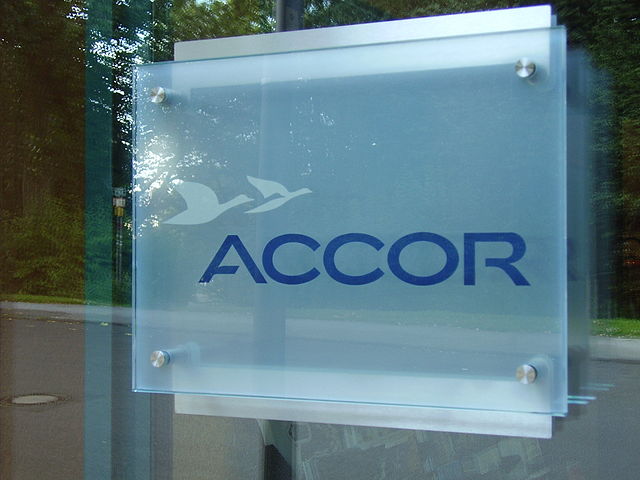
Selling your business: the tax concessions
Today I will be discussing what most of you will be wondering when contemplating selling your small business.
Will I have to pay capital gains tax?
Well, this depends on how you paid for the business and how much you end up selling the business for. The potential capital gain (or loss if you’re unlucky) will also be reduced (or increased with a loss) by your associated purchase and sale costs, e.g stamp duty, sales agents commission, legal fees and accounting fees. If after taking these calculations into account you have made a capital gain, then capital gains tax may apply.
On selling a business, owners of small and medium-sized businesses may be able to access one or more of six tax breaks to reduce or eliminate the taxable capital gain that otherwise arises.
Outlined below is a summary of the concessions and some of the important conditions that must be met to access them.
Pre or post-CGT business?
The first question to consider is whether the business commenced before 20 September 1985. If it did and essentially the same business has been carried on since inception, there is no capital gain on the sale of business goodwill.
The general 50 percent CGT discount
Whilst not available to companies, a general 50 percent CGT discount is effectively available to all other business (and non-business) owners who have held the relevant assets for more than 12 months.
Although a company selling its business cannot access this 50 percent discount, an individual shareholder selling shares in the company may be able to.
Regardless of whether or not the above concessions apply, the remaining capital gain might be further decreased by the CGT small business concessions.
The CGT small business concessions (SBC)
To qualify for the SBC the small business owner/s must have turnover of less than $2 million or have a net worth of less than $6 million. The asset sold must also be an active asset as opposed to a passive asset e.g goodwill.
The four CGT small business concessions are:
- 15-year exemption – a full CGT exemption on the disposal of a business held for 15 years. If this concession is not applied, one or all of the remaining three CGT concessions can be applied.
- 50 percent active asset discount – a further 50 percent discount on any capital gain. This means that if the general 50 percent discount also applies, the taxable capital gain can be reduced to 25 percent.
- Retirement concession – to the extent any capital gain remains (say, 50 percent or 25 percent, as noted above), it is not subject to tax if it is paid into a superannuation fund, as a non-concessional contribution. This payment does not attract the 15 percent superannuation fund ‘contributions tax’ but has a lifetime limit of $500,000. If the recipient of the remaining capital gain is over 55 at the time his/her tax return needs to be lodged, there is no requirement to cash flow any amount into superannuation to get this exemption. Though strict timing conditions apply, and care must be applied.
- Replacement asset rollover – finally, where the remaining capital gain (say, 50 percent or 25 percent, as noted above) is reinvested in a replacement active business asset/s, tax on the remaining capital gain can be deferred until the replacement active asset/s are sold. Beware though, as with the retirement concession strict timing conditions apply.
Summary
The interaction of the small business CGT concessions, other than the 15-year exemption, means that a small business owner could make a capital gain of $2,000,000 on the sale of the business and pay no tax in the year the gain is made. This is achieved by claiming the 50 percent general discount, the 50 percent active asset discount and the retirement exemption of $500,000. It may also be possible to access additional rollover deferrals.
Whilst these concessions offer generous access to opportunities to eliminate capital gains on the sale of small and medium-sized business, correct structuring, especially on establishment, remains critical.
Business owners should always consult with their professional accountant prior to signing any purchase contract, as getting it wrong initially can be infinitely more expensive than your initial consultation.
Jonathan is director at Jonathan Grant Accountants and you can read his regular column, ‘By All Accounts’ in Resort News.






